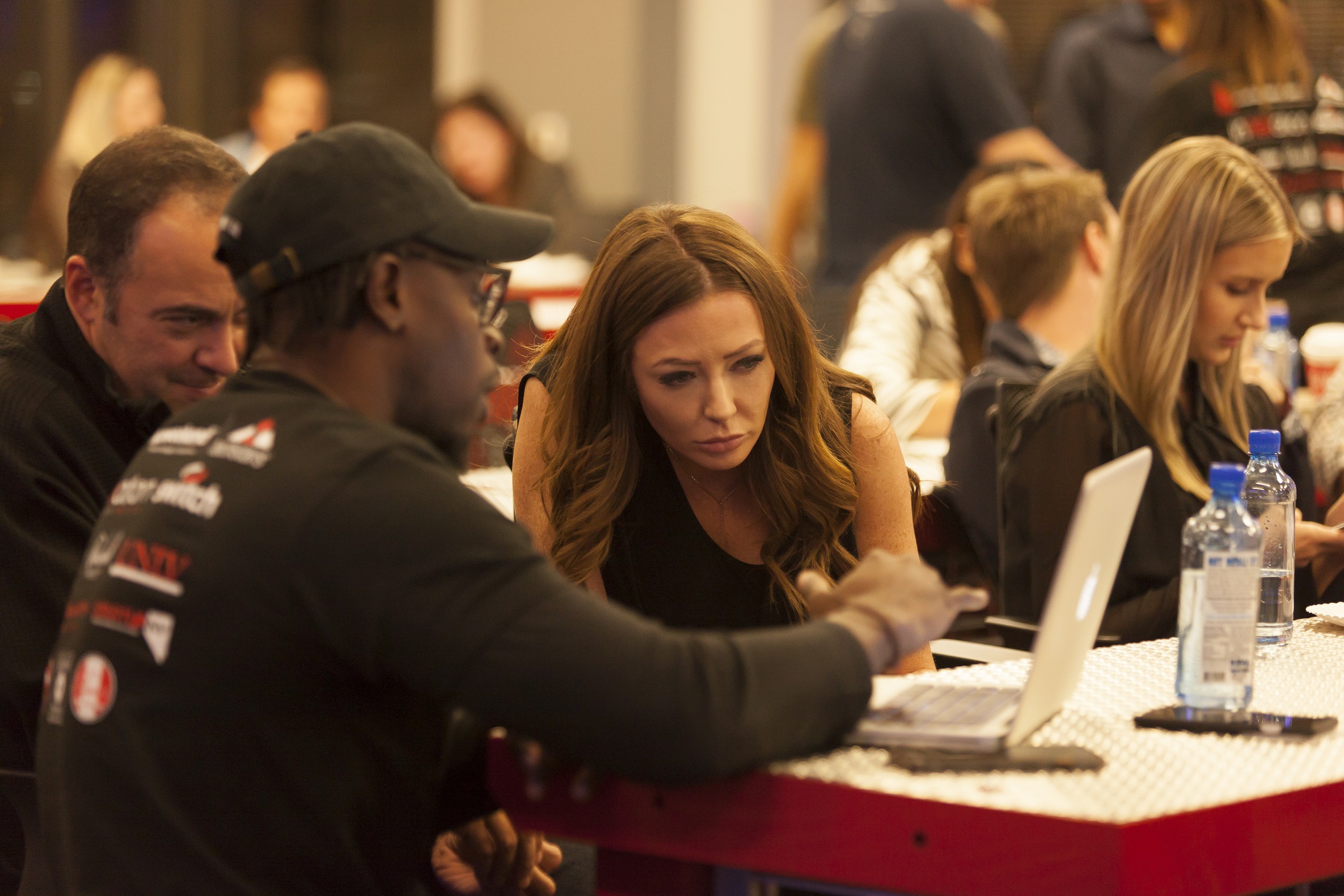The Committed Crew

Let’s start with a simple question.
Who are the most successful predators in the Animal World?
No, it’s not Tigers. Of their pursuits, they are only successful 5-10% of the time. Lions are not much better – a single lion hunting in daylight is at 17- 19% successful though in groups this number goes up to 30%. Leopards are at 38%. But there is one species that consistently garners kills – at more than 85% per chase. They are the African Wild Dogs. Now what’s special about this particular breed is – each and every player in the pack has a committed role in the chase. There is one who scouts the prey, another who charges, some others that herd them and then those that are tasked with bringing the prey down.
Compared to those big predators that we are familiar with, what I find unique in the African Wild Dogs are how well they are in sync for achieving their objectives. It’s like a well-oiled crew invested in a goal – different objectives but single minded in their result.
In fact, isn’t this the very same co-operative gene that enabled us to master poor Earth? In spite of a multitude of animals out there stronger, larger and faster than us?
The lesson embedded here is this; leveraging your colleagues like a crew towards milestones and objectives multiplies the force and minimizes the error. I feel this comes about in a sort of dual goals that run parallel – what you can achieve by yourself and how that plays into the larger goal of the team itself. My manager is an example here. He fondly recalls being part of a 3 Man Gang that marauded the landscape a decade back. He and his two friends scouted out prospects, shared leads and worked in sync like a crew – he describes it like a common soul driving three bodies. The kind of shared passion and positive pulses they got off from winning individually and buoyed on by their team’s achievements made them feel invincible.
We try to emulate that kind of a setup in our office currently – a group that spreads across in their individual capacities but at the end of the day gets back and shares notes. This is easily facilitated by an online Progress Sheet that can be individually updated and which all can access about different leads. It’s a great way to see our own progress and be kept abreast of how the team develops too. I experienced this during my college years. We had to develop working models of electronics in our 2nd year. While most of the teams had five members, I ended up in a three man team – and we three were the dregs of the cup. Getting subject to ridicule, we had this burning axe to grind and prove to the others that we can do something. So what we came up with was – we neatly divided the three of us into different responsibilities and tore into our goals with a heady cocktail of passion and vengeance.
Guess what happened – we ‘dregs’ became the first to come up with a concept, the first with a working breadboard model, the first with the actual model and the first to submit our Project Completion Report as well. Years later I still remember the high that came with working like that and recall it fondly just like my manager. In fact, research bears out this giving trait in salespeople favourably as well. Shawn Achor, author of Big Potential, found that those sales guys who lend a shoulder at work (“work altruists”) are a whopping 40% more likely to receive a promotion. It might even be a part of an actual self-fulfilling prophecy. Think about it – when you positively compliment your colleagues and give valuable openings to them, this creates a similar resonance effect in them that encourages them to do the same to you. The action of people by and large mirrors what you do to them. You invest in them, they invest in you. The effect of that monkey brain of ours in action.
The more important thing is, how invested are you in not just your outcome but the outcome of your teammates as well. When you invest more in them, they invest more in you. And together your team climbs greater heights. Sales situations always run with a common principle. It may not be your fault, but it is your responsibility. Team growth is just an extension of this principle – being invested in the team responsibility.
Vivek Thilakan
Co-writer
Vivek Thilakan is a Sales Engineer in KAR Trading. When not getting torn between the streets, the site & the office – you’ll find him lost in reading, dominoes or speaking. An Outsider by Origin, An Insider by Exposure.














